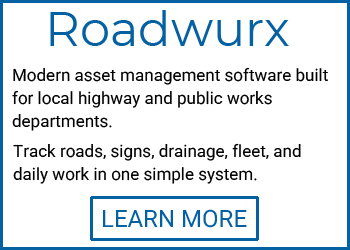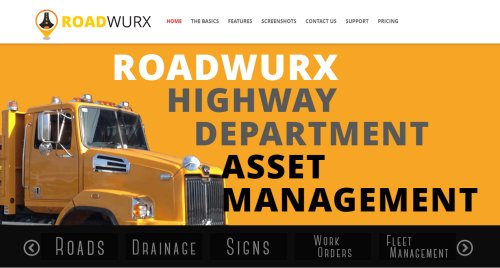Explaining the Annual Budget Process to Residents
The annual budget process isn’t just paperwork. It’s a blueprint for how your town will function in the year ahead. By understanding how it works and engaging early, residents become partners in local governance, helping ensure their tax dollars are used wisely and transparently.

Every year, towns go through the essential, and sometimes misunderstood, task of creating a municipal budget. For most residents, this process happens quietly in the background until tax bills arrive. But the truth is, the annual budget shapes nearly every aspect of local life, from snowplowing and road paving to recreation programs and emergency response.
That’s why it’s important for residents to understand how the town budget is created, who’s involved, and how they can participate.
What Is a Town Budget?
The annual town budget is a financial plan that outlines how your town will collect and spend money over the next fiscal year. It covers:
-
Employee wages and benefits
-
Equipment and vehicle costs
-
Road maintenance and construction
-
Buildings and facilities
-
Utilities, fuel, and supplies
-
Services like garbage collection, code enforcement, and animal control
-
Reserve funds for emergencies or future projects
It’s a balancing act between maintaining essential services and being fiscally responsible with taxpayer dollars.
Who Creates the Budget?
The town supervisor or mayor typically leads the budgeting process, often with help from a town administrator or bookkeeper. But they don’t do it alone.
Each department - highway, clerk, parks, etc. - submits a budget request based on projected needs. The governing board (town board or council) then reviews these requests and makes final decisions.
The Timeline: How It Comes Together
While the exact schedule varies by state and town, most budgets follow a similar structure:
1. Department Requests (Late Summer/Early Fall)
Each department estimates next year’s expenses and submits a proposed budget. This includes things like equipment replacements, overtime needs, or anticipated material costs.
2. Supervisor's Tentative Budget
The town supervisor compiles the department requests into a tentative budget, often trimming where necessary to align with projected revenues and tax caps.
3. Board Review and Workshops
The town board reviews the tentative budget in a series of public budget workshops. Here, they ask questions, suggest changes, and discuss priorities.
4. Public Hearing (Typically October/November)
The public is invited to comment on the preliminary budget at an official hearing. This is a critical opportunity for residents to express support or concerns.
5. Final Adoption
After considering feedback, the board may revise the budget, then votes to adopt the final version — usually by mid-November. Once adopted, it becomes the official spending plan for the upcoming year.
Where Does the Money Come From?
Revenue sources typically include:
-
Property taxes (the largest source for many towns)
-
State and federal aid
-
User fees (e.g., building permits, dog licenses)
-
Sales tax revenue
-
Fund balance (leftover funds from prior years)
If expenses exceed revenues, the town must either reduce spending or increase the tax levy (within state limits).
Why the Budget Process Matters
The budget affects:
-
The condition of your roads
-
The ability to respond to storms and emergencies
-
Local tax rates
-
Whether new equipment can be purchased
-
How well services like plowing, mowing, and records management are delivered
Understanding the process empowers residents to ask better questions, offer constructive input, and support responsible decisions.
How Residents Can Get Involved
-
Attend budget workshops and hearings - They’re open to the public.
-
Read the tentative and preliminary budgets - Often available on the town website or at the clerk’s office.
-
Ask questions respectfully - Town officials appreciate informed feedback.
-
Share your priorities - Whether it’s road safety, youth programs, or long-term planning, your input can shape decisions.
The annual budget process isn’t just paperwork. It’s a blueprint for how your town will function in the year ahead. By understanding how it works and engaging early, residents become partners in local governance, helping ensure their tax dollars are used wisely and transparently.




















